California’s Fast Food Wage Increase Backfires As Restaurants Close or Cut Hours
After California’s $20 fast food minimum wage increase took effect, many restaurant owners felt the pressure immediately. Many smaller chains cannot meet the wage requirements and still make a profit.
One fast food chain left its employees in disbelief when they arrived at work on Monday morning to discover that they no longer had a job.
California’s New Wage Law
California is attempting to establish a livable minimum wage for fast food workers by raising the bottom line wage from $15 an hour to $20 an hour for fast food chains with more than 60 locations across the United States.

Source: Towfiqu barbhuiya/Pexels
This increase has put a strain on some franchise owners, who are now either cutting hours, laying off staff members, or closing their doors.
An Unfortunate Surprise
Fosters Freeze made headlines after the small business owners and managers couldn’t figure out a way to pay their employees the new minimum wage and make a profit.
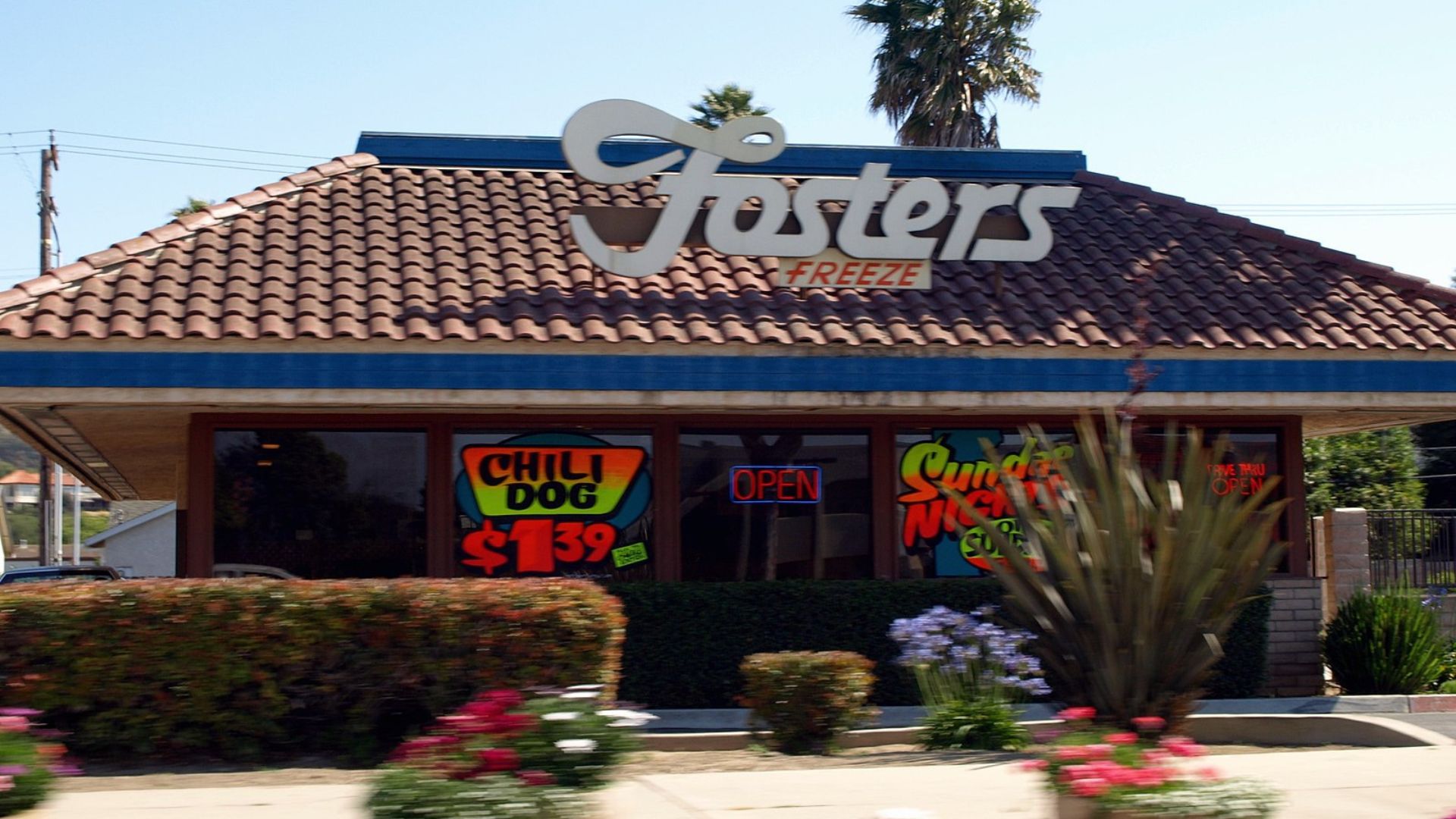
Source: Wikimedia Commons
The news of the restaurant’s closure made headlines after Monica Navarro, the former assistant general manager, and others showed up to find a note on the door that announced the restaurant had shut down.
Disbelief Among the Staff
Navarro told Fox News that the owner, Loren Wright, had previously told her and other employees that the $20 minimum wage increase for fast food workers was going to be hard on him and the business.
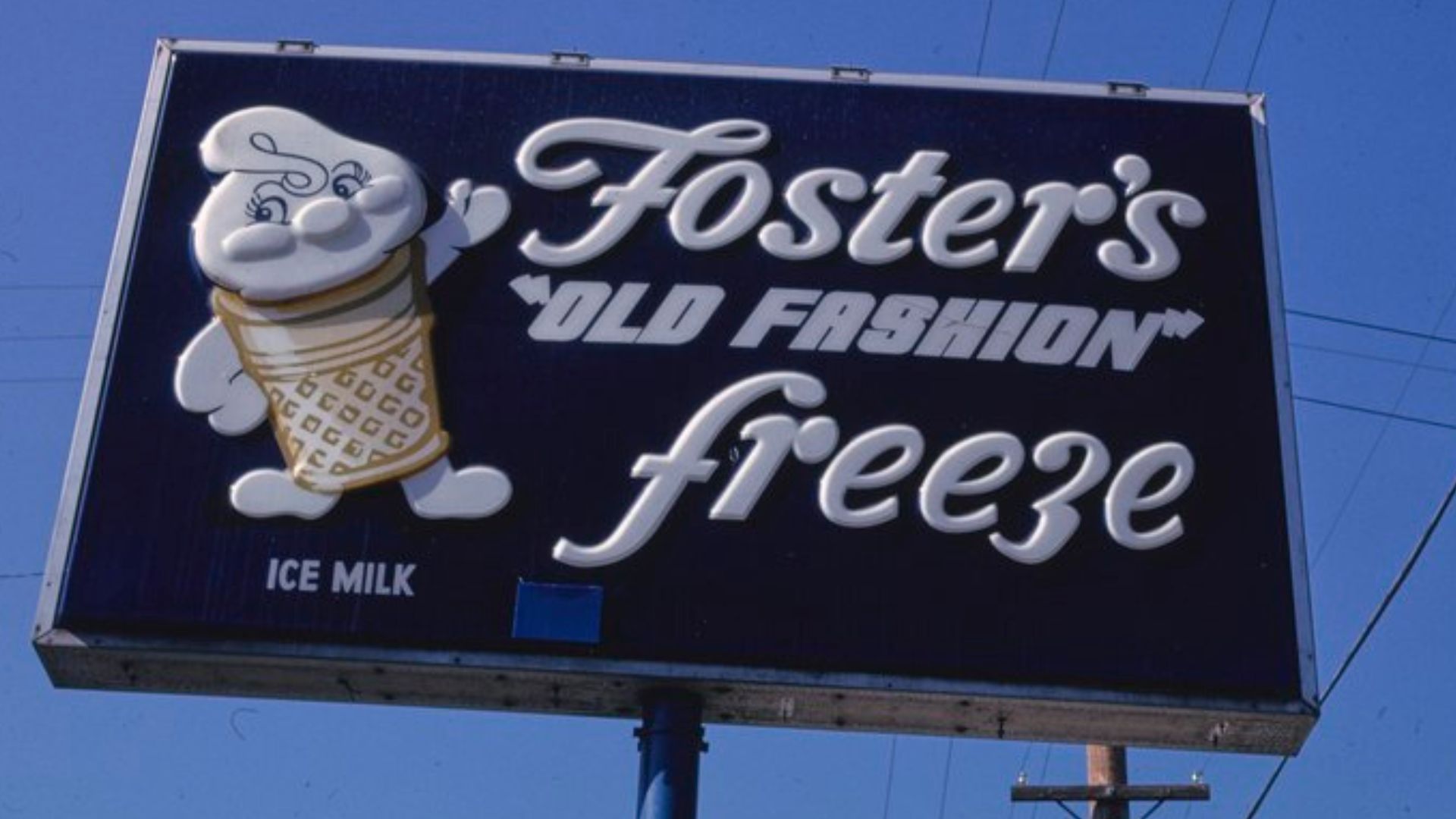
Source: Public Domain/Wikimedia Commons
However, Wright did not tell any other employees that he was going to close the restaurant as soon as the minimum wage went into effect.
Why Did Foster Freeze Close?
Wright disclosed that they saw no alternative due to the financial pressures of the new wage law, making shutting down the Fosters Freeze the “last thing” they wanted to do.
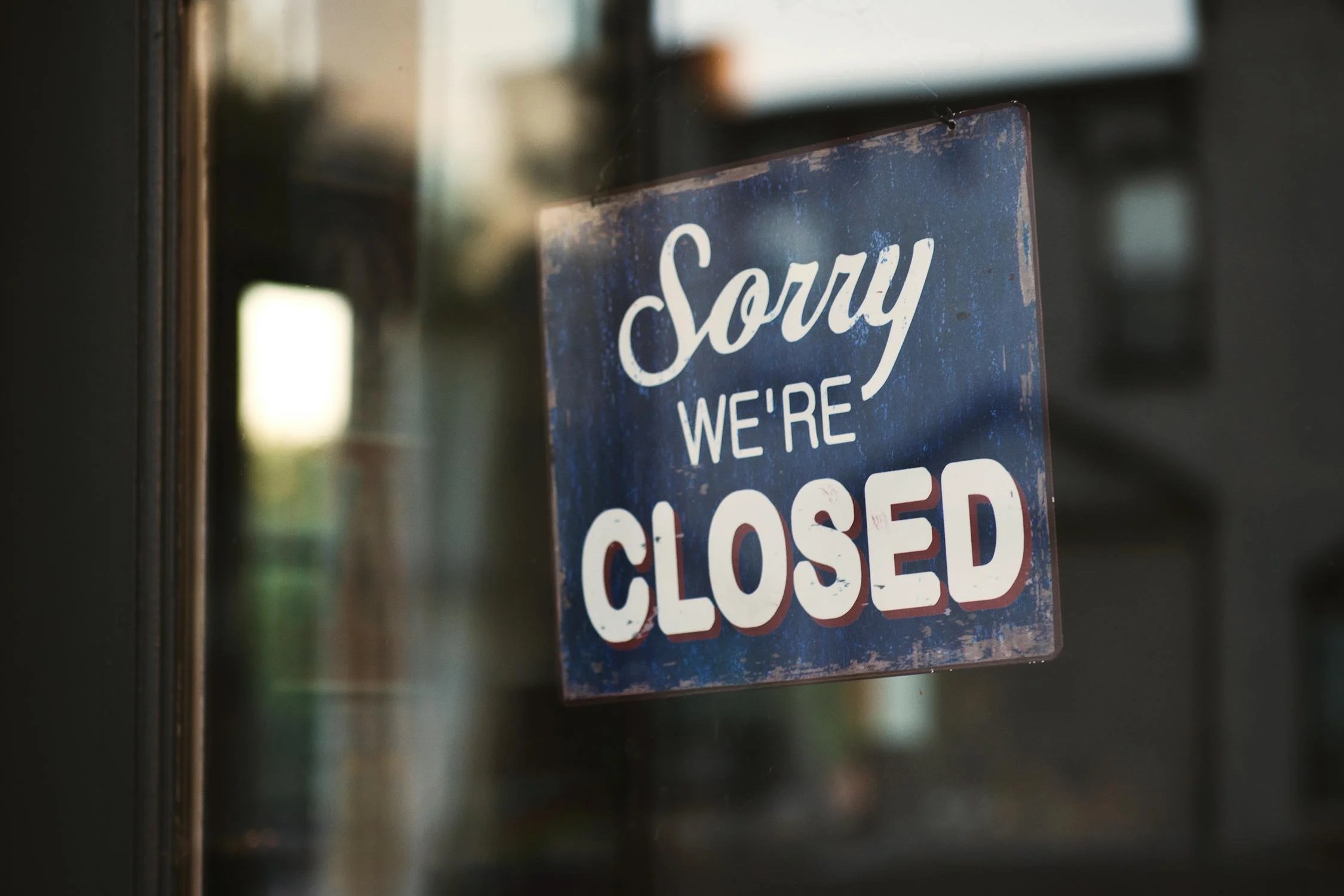
Source: Tim Mossholder/Pexels
The restaurant cited its increased labor costs as a deciding factor, despite some ambiguity about the exemption due to the number of locations. “He did blame it on the minimum wage increase,” Navarro revealed.
The Beginning of the End
The Fosters Freeze wasn’t the only restaurant to feel the burden of the new California law. Other small businesses are voicing their concerns about the harm the wage increase will cause for them.
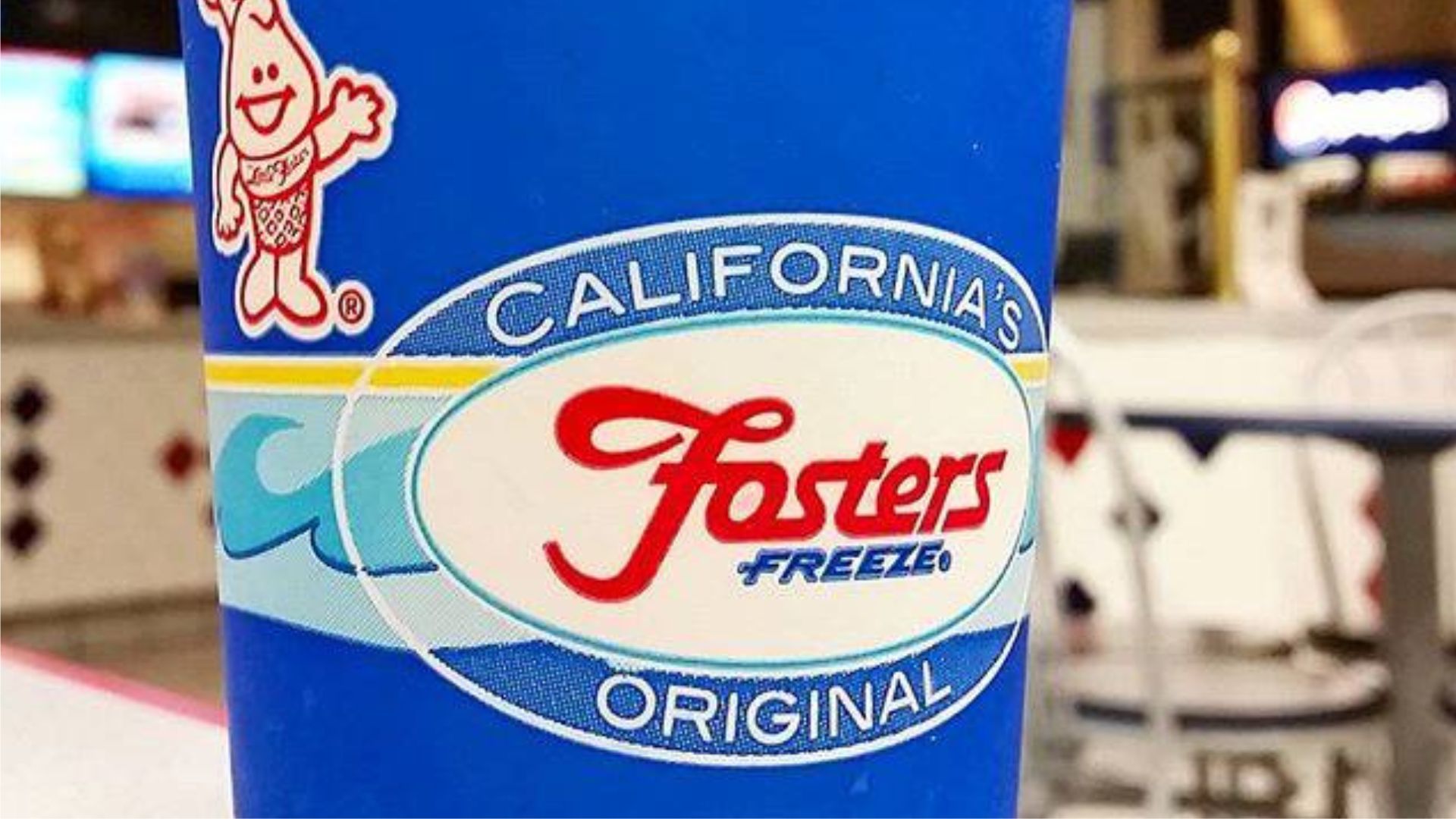
Source: Fosters Freeze/Facebook
Navarro observed a worrying trend of local business closures, stating, “This is not the first business that’s closing … so I feel like this is just the beginning.”
Fosters Freeze Owner Explains Their Decision
Wright talked about his decision to close the location in a text, revealing that he couldn’t raise the wages of his employees without taking a major loss in profit.
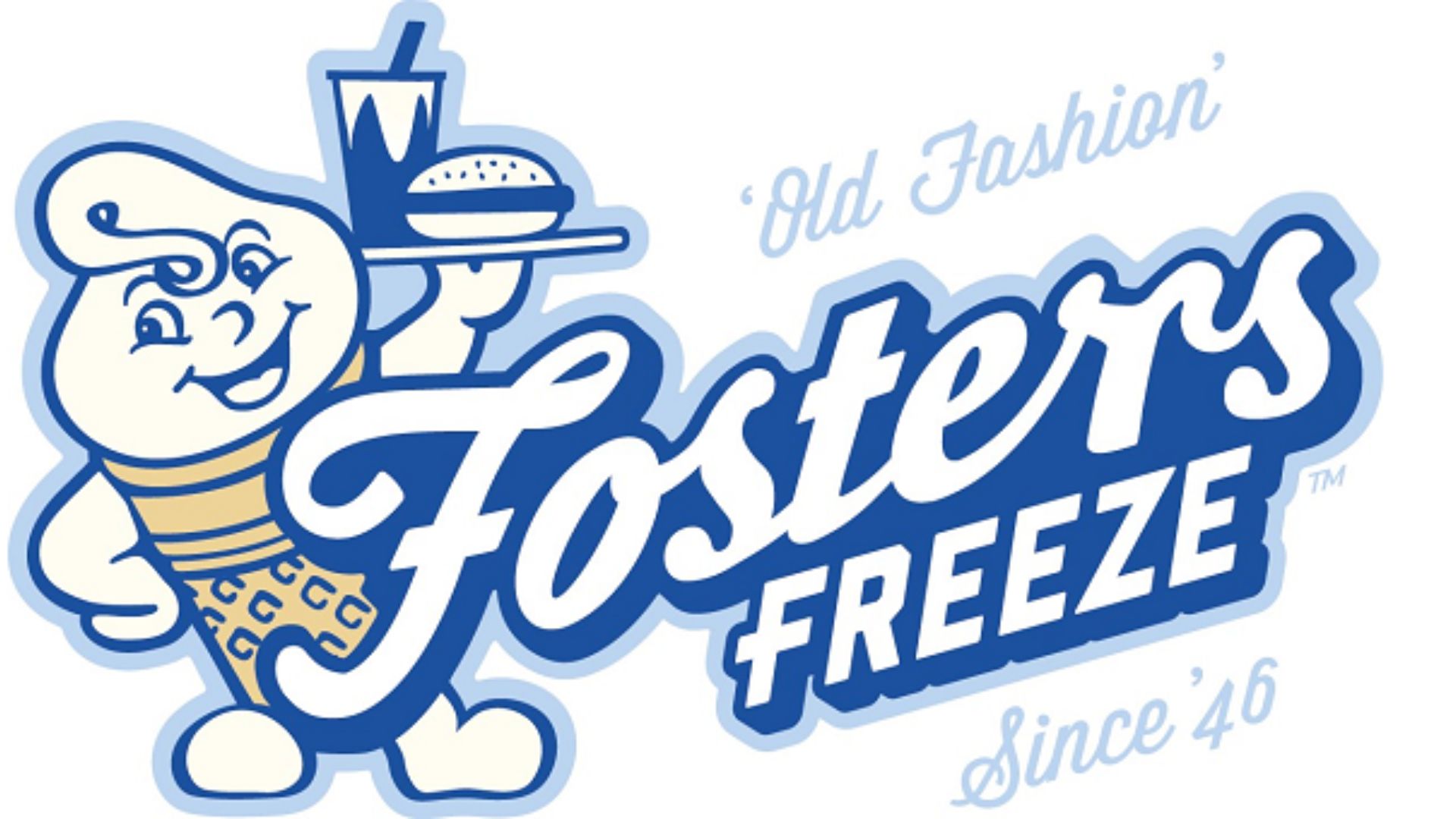
Source: Fosters Freeze/Facebook
“Small businesses can’t survive a 120 percent plus min wage increase over the last 10 years,” Wright texted. “We are all more broke than we were 10 years ago. It’s clear raising the minimum wage isn’t helping… I am sad to see my employees off, and sad to see Lemoore off.”
The Uncertainty of the Job Market
Faced with unemployment, many Fosters Freeze employees are feeling the stress of uncertainty in finding new jobs, as each adjustment seemingly halts hiring to accommodate the new wages.

Source: Freepik
“We would have rather stayed at the wage that we did have before,” Navarro stated, emphasizing the value of job security over higher pay in uncertain times.
Good Intentions With Negative Effects
Currently, fast-food restaurants are increasing wages but are reducing the working hours of employed individuals, thus placing a heavier burden on the remaining workforce.
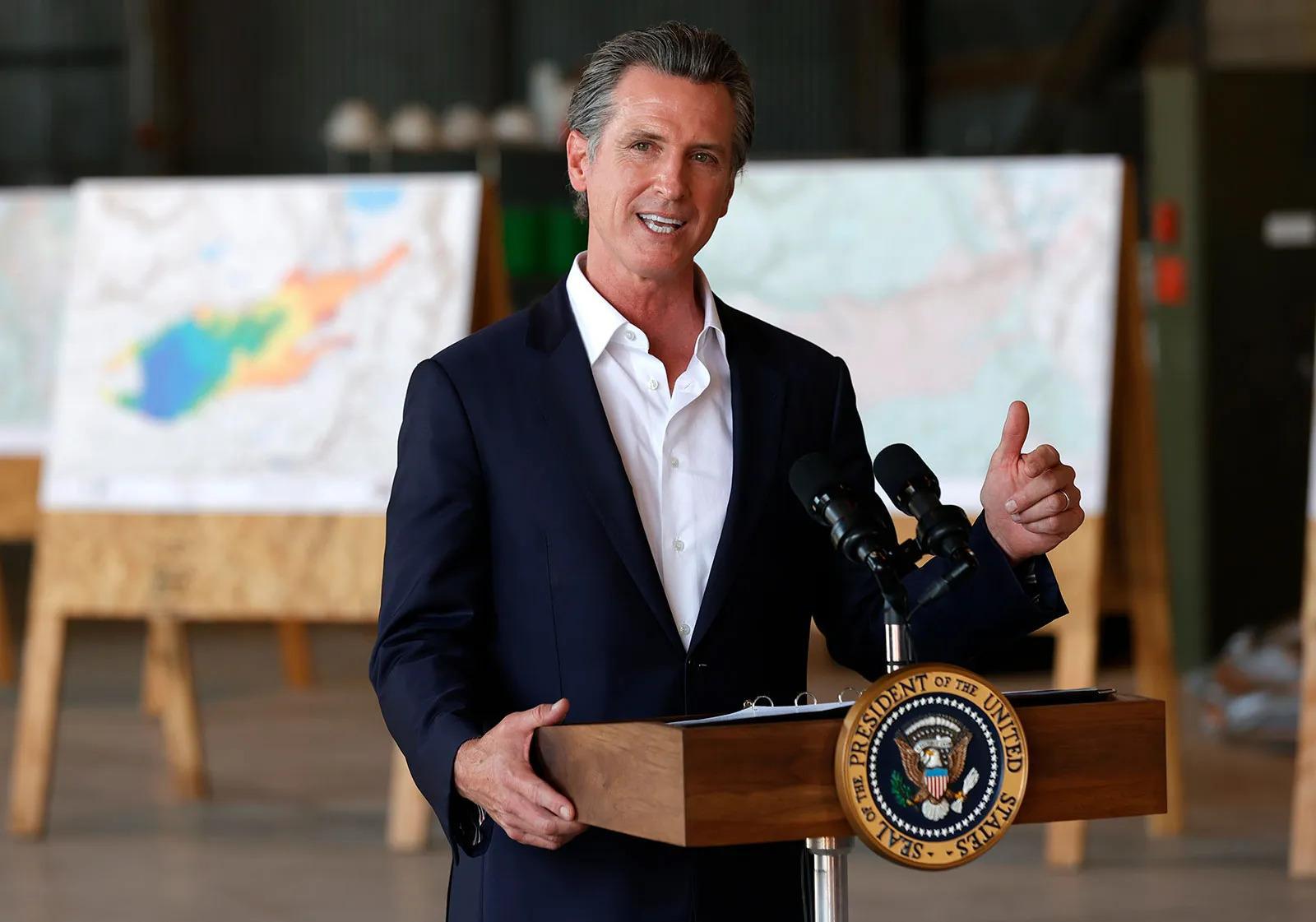
Source: Britannica
Many fast food brands and owners anticipated the challenges that California’s attempt to improve worker welfare is facing.
How Fast Food Restaurants Fight Back
It seems that the current economic business landscape was not ready for the increased wages, even if the workers desperately needed it. To combat the wage increase and combat inflation, California restaurants are raising menu prices (again).
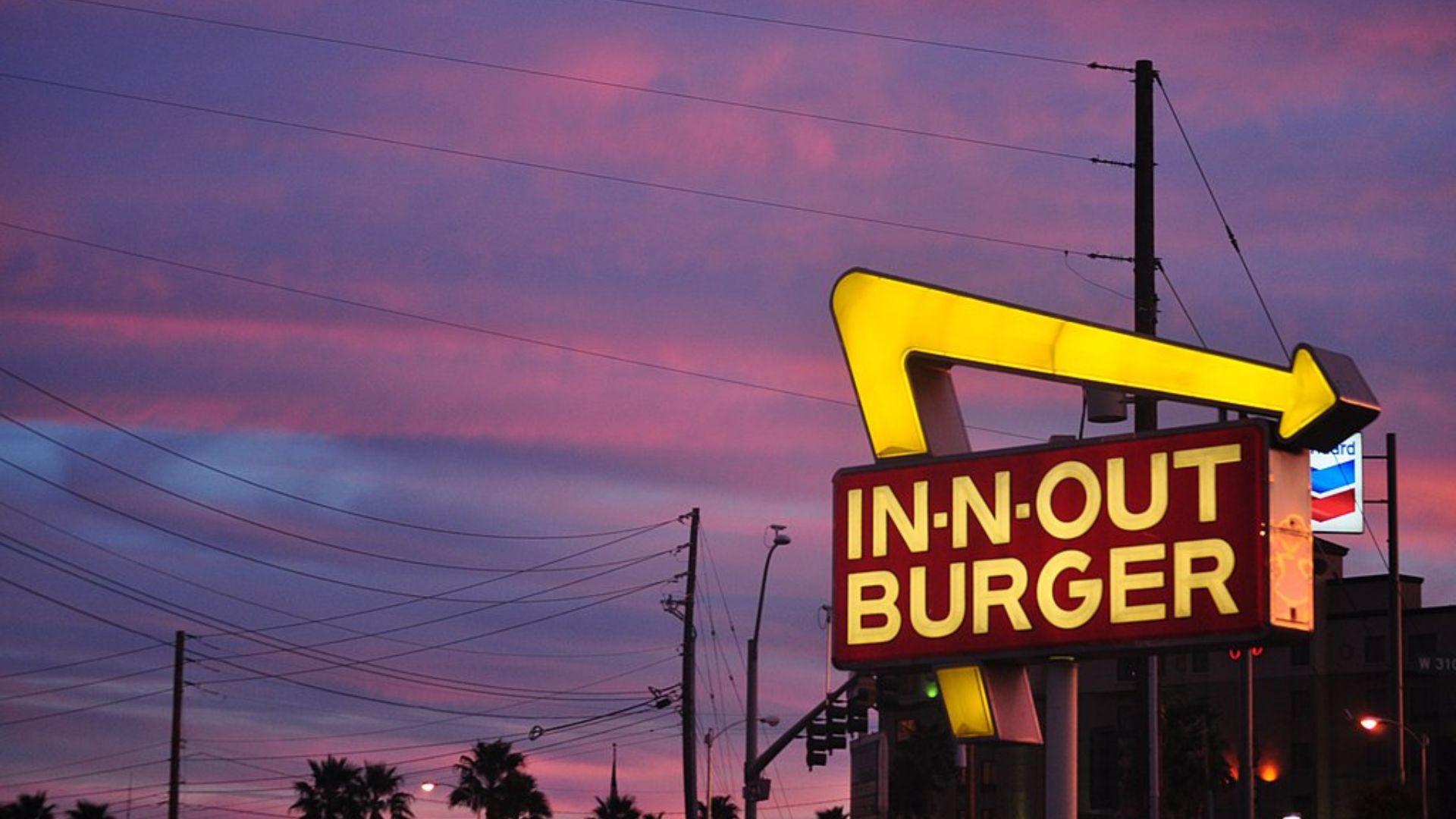
Source: Wikipedia Commons
Other establishments are considering reducing hours of operation or replacing employees with automation.
Two California Cities Raised Wages Before the Law
While many Republicans in California have come out against this brand new minimum wage law, arguing that the state should focus on lowering the cost of living and increasing job opportunities, many cities are taking wage laws into their own hands.
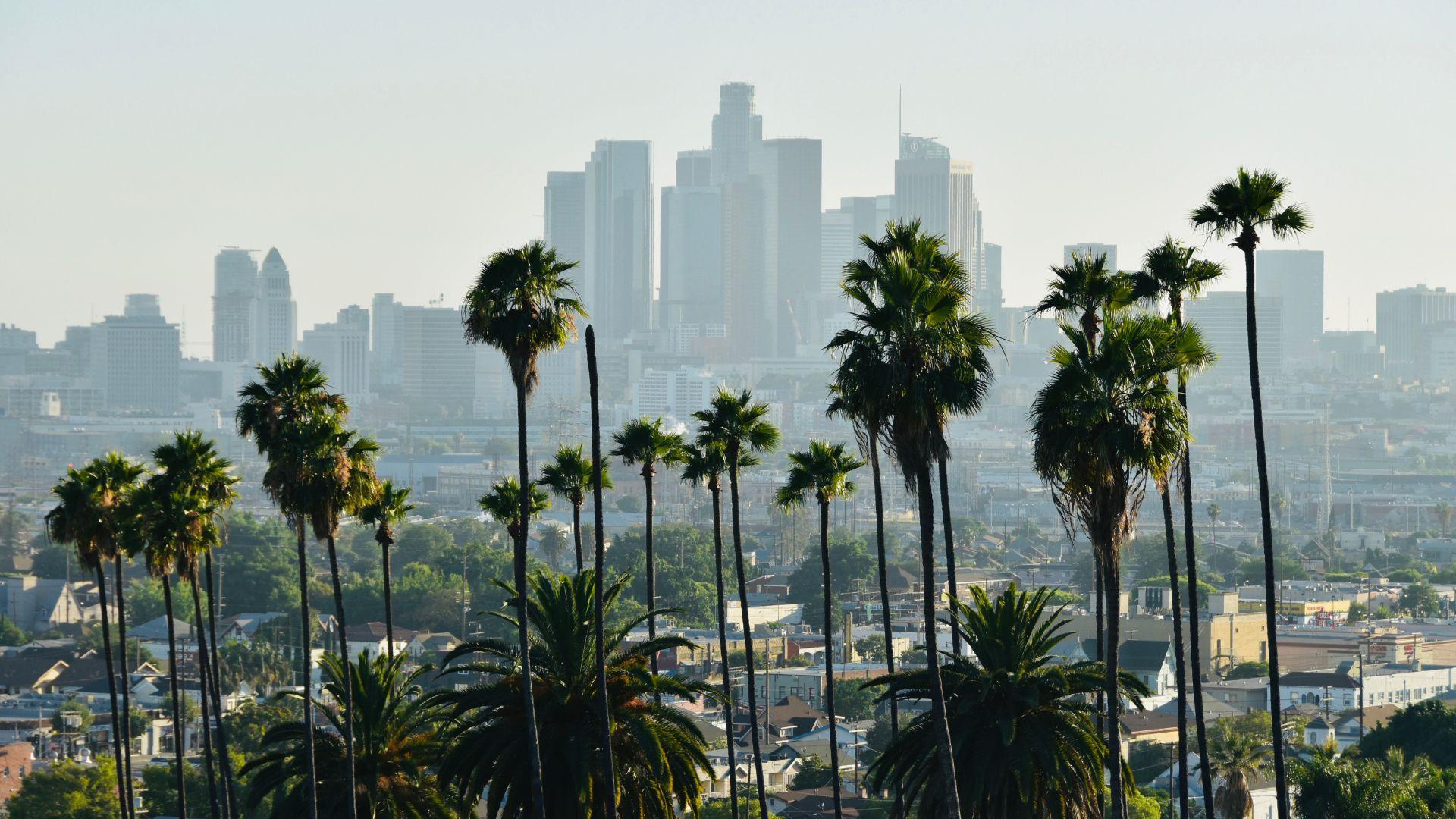
Source: Nodar Chernishev/Getty Images
San Francisco and Los Angeles have already raised their wages before the law took effect, given the high cost of living in those cities.
The Consequences of California’s Good Intentions
The closure of Fosters Freeze could mark a dangerous trend for how we talk and address minimum wage laws and their effects on jobs and the economy.

Source: Towfiqu barbhuiya/Unsplash
California has proved time and time again that good intentions in lawmaking could lead to complicated results in the real world.
